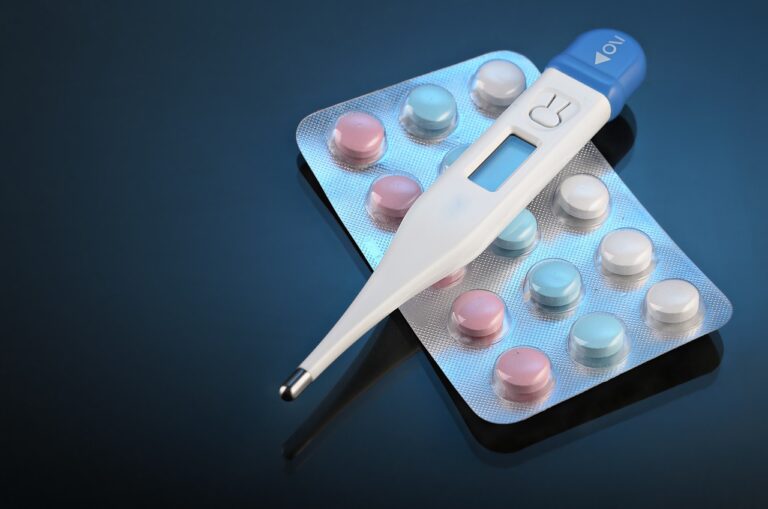The Importance of Hearing Protection for Children
allpaanel exchange, lotus365, laserbook247 id:As parents, we always strive to protect our children and keep them safe from harm. We make sure they wear helmets when riding bikes, apply sunscreen to protect their skin, and baby-proof our homes to prevent accidents. However, one aspect of child safety that often gets overlooked is hearing protection.
Hearing loss is a serious concern for people of all ages, but it is particularly important to protect children’s ears from loud noises. Children’s ears are more sensitive than adults’ ears, and damage from noise exposure can have lifelong consequences.
Why is hearing protection important for children?
1. Developing ears: Children’s ears are still developing, making them more susceptible to damage from loud noises. Excessive noise exposure can lead to hearing loss later in life.
2. Noise-induced hearing loss: Exposure to loud noises, such as fireworks, concerts, or even loud toys, can cause permanent damage to a child’s hearing. Noise-induced hearing loss is irreversible and can impact a child’s ability to learn and communicate.
3. Speech and language development: Hearing plays a crucial role in speech and language development. Children who experience hearing loss may struggle with communication skills, which can impact their academic performance and social interactions.
4. Academic performance: Hearing loss can affect a child’s ability to concentrate and learn in school. Children with untreated hearing loss may fall behind in their studies and struggle to keep up with their peers.
5. Social interactions: Hearing loss can also impact a child’s social interactions, leading to feelings of isolation and low self-esteem. Children may struggle to participate in group activities or conversations, hindering their social development.
6. Preventative measure: Protecting children’s ears from loud noises is a simple and effective way to prevent hearing loss. By using hearing protection, such as earplugs or earmuffs, parents can help safeguard their children’s hearing now and in the future.
How can parents protect their children’s hearing?
1. Limit exposure to loud noises: Avoid exposing children to loud noises whenever possible. Keep the volume low on electronic devices, such as televisions and music players, and choose quiet toys for playtime.
2. Use hearing protection: When attending loud events, such as concerts or fireworks shows, make sure your child wears hearing protection. Earplugs or earmuffs designed for children can help reduce noise exposure and protect their ears.
3. Educate children about hearing protection: Teach children about the importance of hearing protection and how to use it properly. Encourage them to speak up if they are in a loud environment and remind them to protect their ears.
4. Schedule regular hearing screenings: Make sure your child receives regular hearing screenings to monitor their hearing health. Early detection of hearing loss can lead to interventions that can help prevent further damage.
5. Be a role model: Set a good example for your children by wearing hearing protection yourself. Show them that protecting your ears is important and make it a habit to prioritize hearing health for the whole family.
6. Seek professional advice: If you have concerns about your child’s hearing or suspect they may have hearing loss, consult a pediatrician or audiologist for guidance. They can provide tailored recommendations and support to help protect your child’s hearing.
FAQs:
Q: At what age should children start wearing hearing protection?
A: Children can start wearing hearing protection as early as infancy. It is never too soon to protect their delicate ears from loud noises.
Q: How do I know if the noise level is too loud for my child?
A: A good rule of thumb is if you have to raise your voice to be heard over the noise, it is likely too loud for your child’s ears. Use hearing protection in these situations to be safe.
Q: Are there different types of hearing protection for children?
A: Yes, there are earplugs and earmuffs designed specifically for children. Earplugs are more discreet and may be preferred by older children, while earmuffs provide more coverage and are easier to put on younger children.
Q: Can hearing loss in children be reversed?
A: Unfortunately, most types of hearing loss in children are permanent and cannot be reversed. That’s why prevention through hearing protection is key to safeguarding your child’s hearing health.
In conclusion, hearing protection is an essential aspect of child safety that should not be overlooked. By taking simple steps to protect your child’s ears from loud noises, you can help prevent hearing loss and ensure their overall well-being. Start prioritizing hearing protection for your children today and set them up for a lifetime of healthy hearing.







